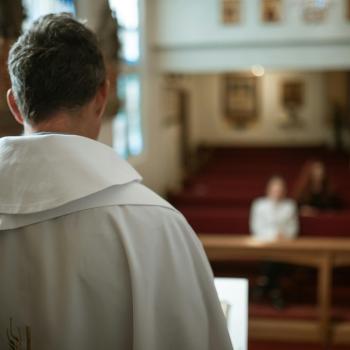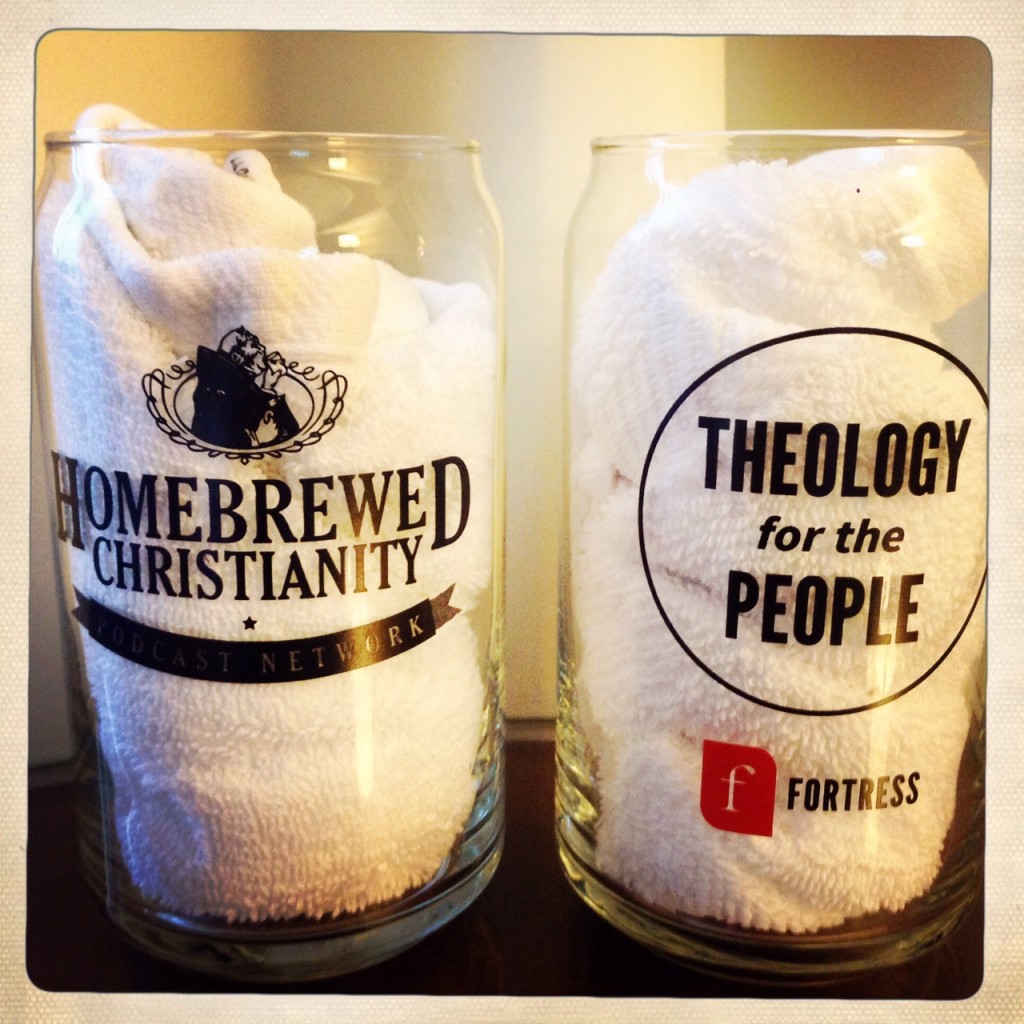This post should be properly titled, “Five Questions for Process Theologians,” because you cannot actually ask a question of a theology, only of a theologian. The problem, as Tripp and Bo explained in their recent and controversial podcast, is that a lot of people whom I consider process theologians aren’t. Or they deny that they are. Phil Clayton is influenced by process, as is Bo. Tripp hedges on whether he’s a process theologian, or whether he’s an open-and-relational-baptist-who-has-proclivities-toward-process. Maybe John Cobb is the only truly process theologian.
The back-and-forth over process started with a rather hamfisted post by Roger Olson, in which he asserted that true process theologians aren’t Christian and, conversely, true Christians aren’t truly process theologians. When the pushback came his way, he responded by saying, “Hey, I’m writing for evangelicals exclusively. The rest of you can listen in, but this isn’t about you.” (He also unfortunately aired some of his personal dirty laundry in the comment section of the initial post.)
Tripp and Bo rightly took up Olson’s post, pointing out that it was both wrong at points and ungenerous in others. But I grew increasingly frustrated as I listened to the podcast because I thought that Tripp and Bo were taking potshots at more classical forms of theism. They even criticized other open and relational theologies as their temperatures rose. And, in so doing, I think they missed some of the more salient points of Olson’s criticisms.
If I had my druthers, I’d go over to Tripp’s garage, open a homebrew, light up a cigar, and talk this out with him in front of a live mic. Since that’s not geographically possible, I offer these five questions and ask those guys and others to respond by whatever medium they see fit. I am definitely a full-fledged member of the “open and relational theologies” camp, and I’m a hypertheist, so I offer these questions as a friend and teammate.
1) Process theology has a single progenitor, Alfred North Whitehead, an early-twentieth-century philosopher and mathematician. Other theological camps are conversant with many philosophers, but process comes exclusively from this one. And, in the pantheon of Western philosophers, Whitehead is a minor deity, at best. Does it ever worry you that your theology derives from one philosopher, and one who is not usually considered a giant in his field?
2) In Deacon Bill Walker’s excellent and critical post about the podcast, he asserted something very similar to what I’ve written in the past: when it comes to theological innovation, the consensus of the past gets the benefit of the doubt in the conversation. The conciliar, creedal past need not be hegemonic, but there is a certain threshold that must be reached for it to be reconsidered. Bo replied by writing that he doesn’t need to know Aquinas, for instance, any better — his job is to do today what Aquinas did in the 13th century. I think this is a tragic response, but that’s not my question. This is: By almost every measure, process theology is a radical rejection of what the church has believed for 1600 years, so what voice do you think the historic church and classical theism in our present situation?
3) In the podcast, Tripp read a quote from Whitehead (read it here on Brian’s McLaren’s blog). The way that Tripp used this quote — and the way that Whitehead seemed to intend it — was that the very early church got Jesus right, but the message was very quickly corrupted by imperial power. The omnipotence of God, for instance, was not part of Jesus’ life or message, but was superimposed on the gospel by Roman emperors. Do you seriously mean to imply that process theologians are the first people to get the gospel right since the first century?
4) The vast majority of Christians in the world — probably 99.9% of the 2.2 billion of us — think that God is ontologically distinct from the rest of creation. Process theology denies this. Process theology, it seems to me, is weak on God’s uniqueness. I hear them saying that God is part and parcel of creation, but God is a unique part of that creation. This strikes me as a kind of modalism of the godhead — God is unique because of what God does, not because of who God is. But, more to the point, how do you argue with the experience of billions of Christians that God is Other?
5) Finally, a question that is both simple and seasonal: What, if anything, is special about the incarnation?















